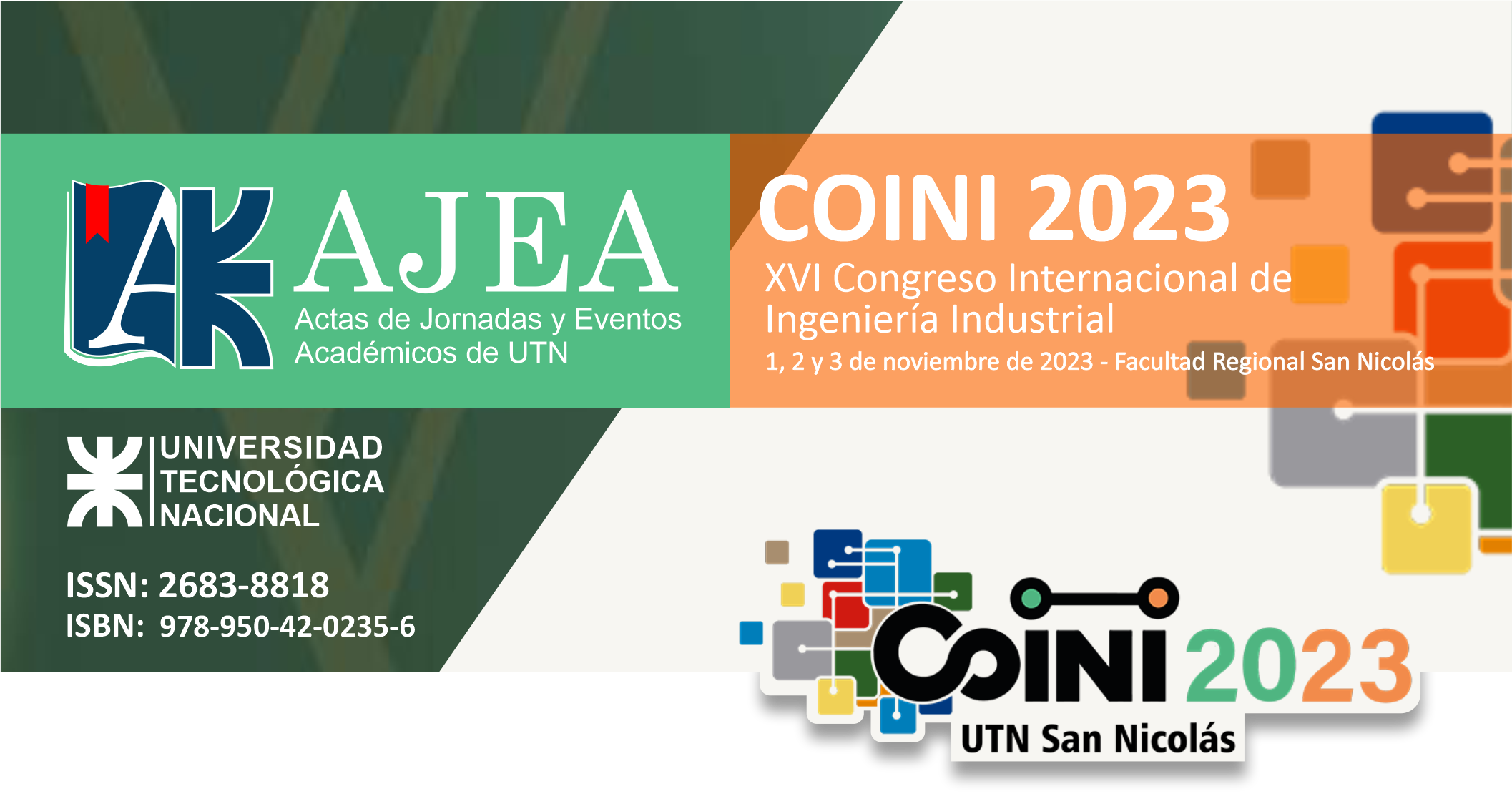PUBLIC POLICY TOOL FOR HOUSEHOLD WASTE MANAGEMENT
Keywords:
Consumption, Regression, Urban WasteAbstract
Throughout the world, there is a search for the most effective and efficient management of Household Waste for the benefit of the population and the environment. The objective is first to know, to then measure, compare and relate, and finally to be able to estimate and project. With this methodology, public policies can be established to improve the environment. This work confirms that the historical evolution of the variation in waste disposal depends on the variations in the sales of mass consumption products. For this purpose, supermarket sales data, published by the Provincial Directorate of Statistics of the Province of Buenos Aires, and solid urban waste disposal volumes, managed by the State Metropolitan Area Ecological Coordination Society, are used for the period between the months January and December 2015. Based on the results of the past, a predictive model is established in order to be able to know in advance the volumes of waste that will be produced in the future and establish public policy planning in the system waste management. Contrasting the prediction model with the real situation, the estimates have a margin of error that ensures that the necessary assumptions are met for the model to be valid.
Downloads
Metrics
Downloads
Published
How to Cite
Conference Proceedings Volume
Section
License
Copyright (c) 2024 Pablo Gabriel Marchionni, Emilio Carlos Piesciorovsky, María Victoria Lacaze

This work is licensed under a Creative Commons Attribution-NonCommercial 4.0 International License.










